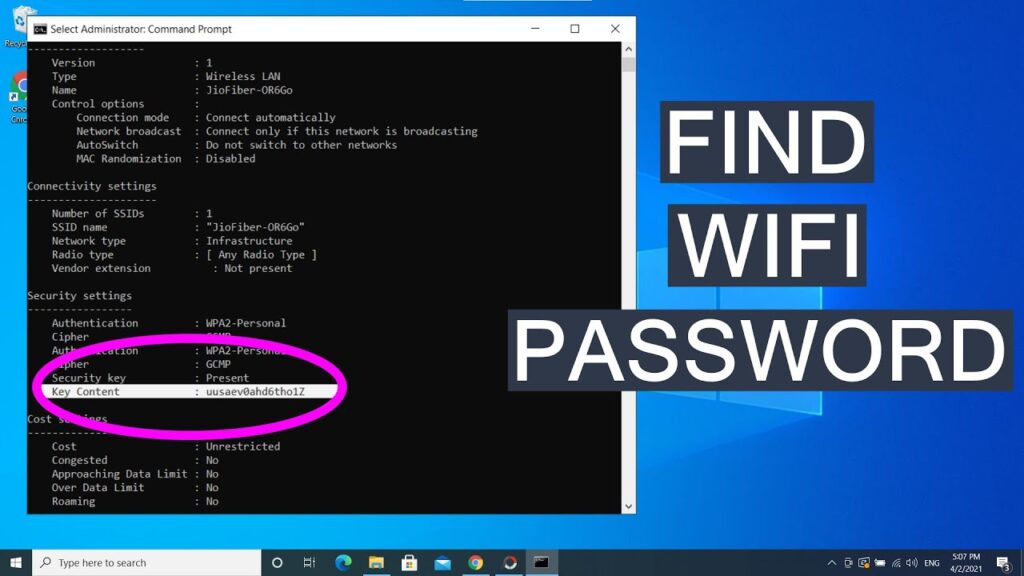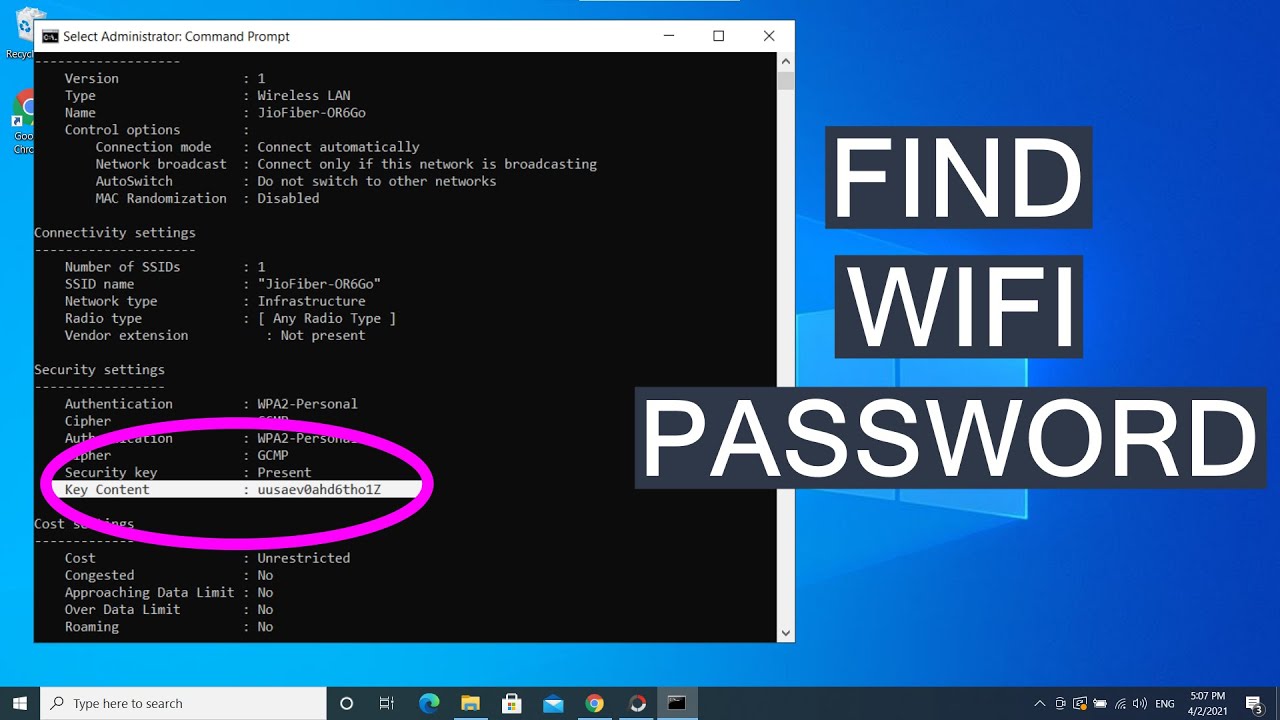
WiFi Password for Chores: A Modern Parenting Dilemma?
In an era dominated by digital connectivity, the WiFi password has become a coveted commodity, especially within households with teenagers. Parents are increasingly leveraging this digital access point as a bargaining chip, offering the WiFi password in exchange for completed household chores. This tactic raises questions about its effectiveness, ethical implications, and the long-term impact on children’s understanding of responsibility and reward. Is withholding the WiFi password a legitimate parenting strategy, or does it undermine intrinsic motivation and foster resentment? This article delves into the complexities of using the WiFi password as an incentive for chores, exploring the potential benefits and drawbacks of this modern parenting approach.
The Rise of Digital Incentives
The traditional methods of incentivizing chores, such as allowance or privileges, are evolving to reflect the digital age. With children spending more time online for entertainment, education, and social interaction, the WiFi password holds significant value. Parents recognize this and are strategically using it to motivate their children to contribute to household tasks. The appeal of this approach lies in its immediacy and relevance. Unlike a weekly allowance, access to WiFi can be granted or revoked instantly, providing a more direct and immediate consequence for behavior.
The Argument for Using WiFi as a Chore Incentive
Proponents of this strategy argue that it effectively addresses the challenge of motivating teenagers to participate in household chores. By associating access to the internet with the completion of tasks, parents can create a clear link between responsibility and reward. This can be particularly useful for teenagers who are resistant to traditional methods of motivation. Furthermore, it prepares children for the real world, where performance is often linked to compensation. Completing chores to earn access to the WiFi password mirrors the concept of working to earn a paycheck.
- Clear Expectations: Using the WiFi password as a reward necessitates clear communication of expectations. Children know exactly what tasks they need to complete to gain access.
- Immediate Gratification: The reward is immediate, providing a direct link between action and consequence.
- Relevance: The reward is highly valued by teenagers, making it a powerful motivator.
The Counterargument: Potential Drawbacks
While using the WiFi password as a motivator may seem effective in the short term, critics argue that it can have negative long-term consequences. One of the main concerns is that it undermines intrinsic motivation. When children are only motivated to do chores for a reward, they may not develop a sense of responsibility or understand the importance of contributing to the household. This can lead to a transactional relationship where children only participate in tasks when they receive something in return. Furthermore, withholding the WiFi password can create resentment and conflict within the family.
Another concern is that it can exacerbate existing inequalities. Children from low-income families may not have access to WiFi or devices at all, making this incentive ineffective and potentially discriminatory. It’s crucial to consider the individual circumstances of each child and family when implementing this strategy.
The use of WiFi as a reward can also create an unhealthy relationship with technology. By making access to the internet contingent on completing chores, parents may inadvertently reinforce the idea that technology is something that needs to be earned, rather than a tool for learning and connection. This can lead to children feeling entitled to access and becoming overly reliant on technology for entertainment and validation.
Alternative Approaches to Motivating Chores
While using the WiFi password as a motivator is a popular approach, there are alternative strategies that may be more effective in the long run. These include:
- Allowance: Providing a regular allowance for completing chores can teach children about financial responsibility and budgeting.
- Praise and Recognition: Acknowledging and praising children for their contributions can foster a sense of pride and accomplishment.
- Family Meetings: Involving children in family meetings to discuss household tasks and responsibilities can promote a sense of ownership and collaboration.
- Intrinsic Motivation: Encouraging children to understand the importance of contributing to the household and the benefits of teamwork can foster intrinsic motivation.
Building Intrinsic Motivation
Fostering intrinsic motivation is key to ensuring that children develop a genuine sense of responsibility and a willingness to contribute to the household. This can be achieved by:
- Explaining the Importance of Chores: Helping children understand why chores are necessary and how they contribute to the overall well-being of the family.
- Making Chores Fun: Turning chores into games or activities can make them more enjoyable and less of a burden.
- Giving Children Choices: Allowing children to choose which chores they want to do can give them a sense of control and ownership.
- Leading by Example: Parents who actively participate in household chores are more likely to inspire their children to do the same.
The Ethical Considerations
The use of the WiFi password as a tool to enforce chores also brings up ethical considerations. Is it morally right to withhold something that is increasingly viewed as a necessity for education and social interaction? Some argue that it is a form of manipulation, especially if the child relies on WiFi for schoolwork or communication with friends. The key lies in transparency and fairness. If the rules are clearly established and consistently enforced, children are more likely to accept them.
It’s also important to consider the potential for abuse. Parents should avoid using the WiFi password as a form of punishment or control. Instead, it should be used as a positive incentive to encourage responsible behavior. The focus should always be on fostering a healthy and supportive relationship with children.
Finding a Balance
Ultimately, the decision of whether or not to use the WiFi password as an incentive for chores is a personal one. There is no one-size-fits-all answer. Parents need to carefully consider the individual circumstances of their family and the potential benefits and drawbacks of this approach. If they choose to use this strategy, it’s important to do so responsibly and ethically.
The key is to find a balance between providing incentives and fostering intrinsic motivation. Children need to understand the importance of contributing to the household, but they also need to feel valued and appreciated for their efforts. By combining positive reinforcement with clear expectations, parents can help their children develop a strong sense of responsibility and a willingness to participate in household tasks.
Conclusion: Navigating the Digital Landscape of Parenting
The use of the WiFi password as a motivator for chores is a reflection of the changing landscape of parenting in the digital age. While it can be an effective tool for encouraging responsible behavior, it’s important to consider the potential drawbacks and ethical implications. By focusing on fostering intrinsic motivation, providing clear expectations, and maintaining open communication, parents can navigate this complex issue and create a healthy and supportive environment for their children.
Whether you choose to leverage the power of the WiFi password or opt for more traditional methods, remember that the ultimate goal is to raise responsible, independent, and well-adjusted individuals. The tools may change, but the fundamental principles of effective parenting remain the same: love, support, and clear communication. [See also: How to Manage Screen Time for Teenagers] [See also: Effective Communication Strategies for Families]

